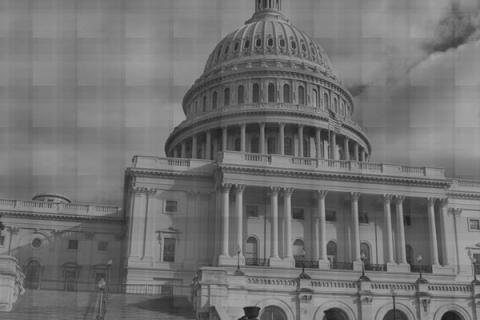Between 2007 and 2009, the Great Recession appears to have discouraged illegal immigrants from flowing into the US, according to a new Pew Hispanic Center study.
“The annual flow of unauthorized immigrants into the United States was nearly two-thirds smaller in the March 2007 to March 2009 period than it had been from March 2000 to March 2005, according to new estimates by the Pew Hispanic Center,” the report said.
The overall reduction in illegals, 8 percent according to the report, is the first significant reversal in the growth of this segment of the population over the past few decades. Factoring the recent drop into current numbers, an estimated 11 million illegal immigrants currently live in the United States. The center’s report noted an especially prominent drop among illegal aliens coming from Latin American countries other than Mexico. “From 2007 to 2009, the size of this group from the Caribbean, Central America and South America decreased 22 ,” it stated.
What does the sharp drop in immigration look like in California where the first deployment of National Guard troops were sent as part of President Obama’s recently signed border security bill?
The California Watch blog, which also cited the Pew Center’s report, had this to say:
“The number of illegal immigrants in the United States has declined for the first time in 20 years, and California's share of the undocumented population has shrunk, from 42 percent in 1990 to 23 percent in 2009, according to a study released yesterday by an independent research group.”
California, which is the most populous state inhabited by illegal immigrants, appears to have experienced a nearly 50% drop in illegal aliens. As noted by California Watch, the state’s illegal immigration population accounts for approximately 7 percent of the state and is the highest percentage amongst all fifty states. With 22 other states considering an illegal immigration law similar to Arizona's, California would certainly be classified as a cautionary tale for lax, inefficient, and costly policy.
Illegal immigration may be down at the moment due to the downtrodden economy, but this may prove a unique opportunity for the federal government to determine a new course of action on immigration policy in anticipation of an economic recovery at some point in the future. While the recent immigration bill signed by President Obama was reactionary in nature in response to Arizona, it at least appeared to be a good start toward correcting the federal government's lax mindset on the issue. However, it is only a start. When the economy eventually recovers, this will probably mean the return of an increased amount of illegal immigrants, approaching levels that were seen before the recession dealt its blow.
The Obama Administration should use the temporary hiatus to develop more effective steps toward implementation of a sounder immigration policy.

